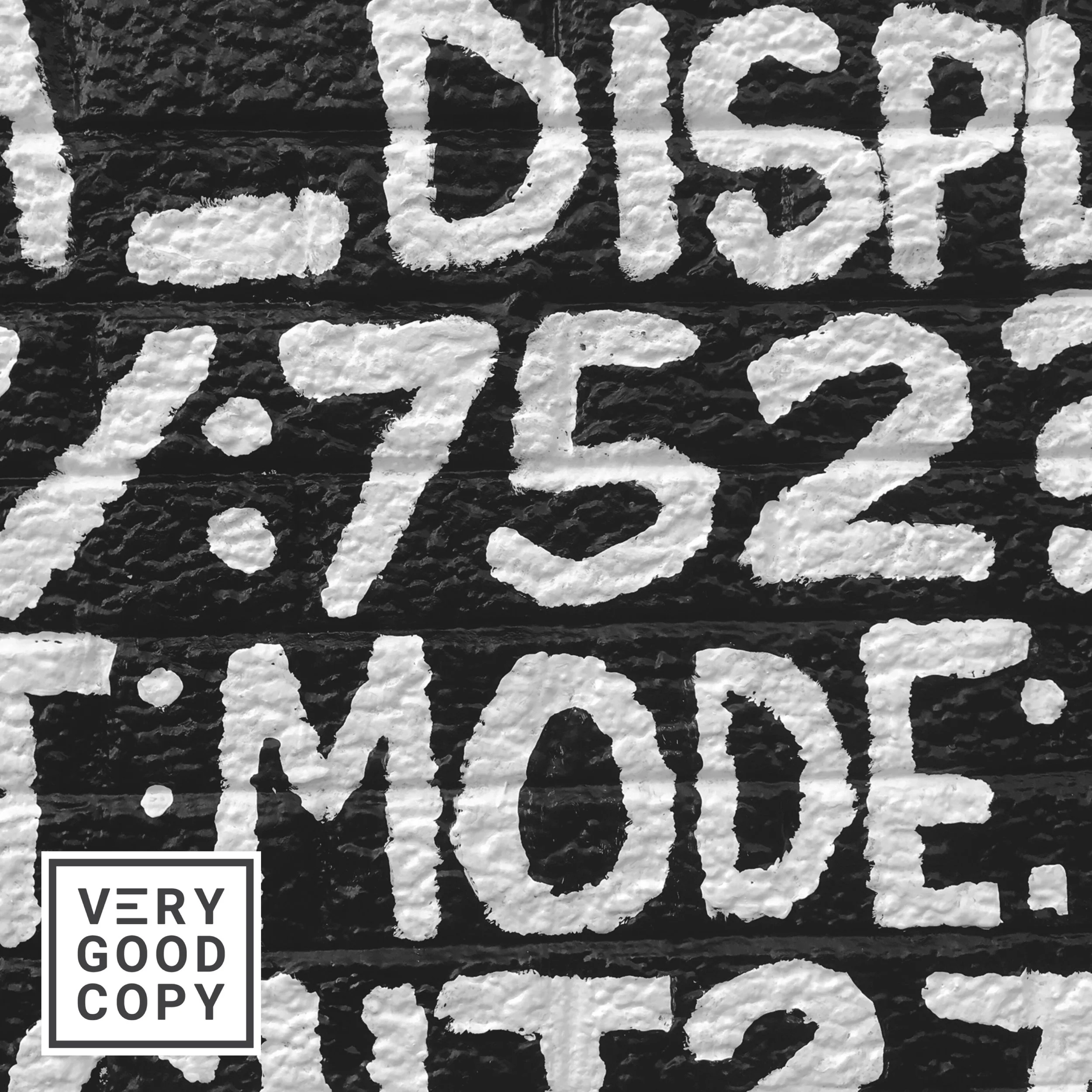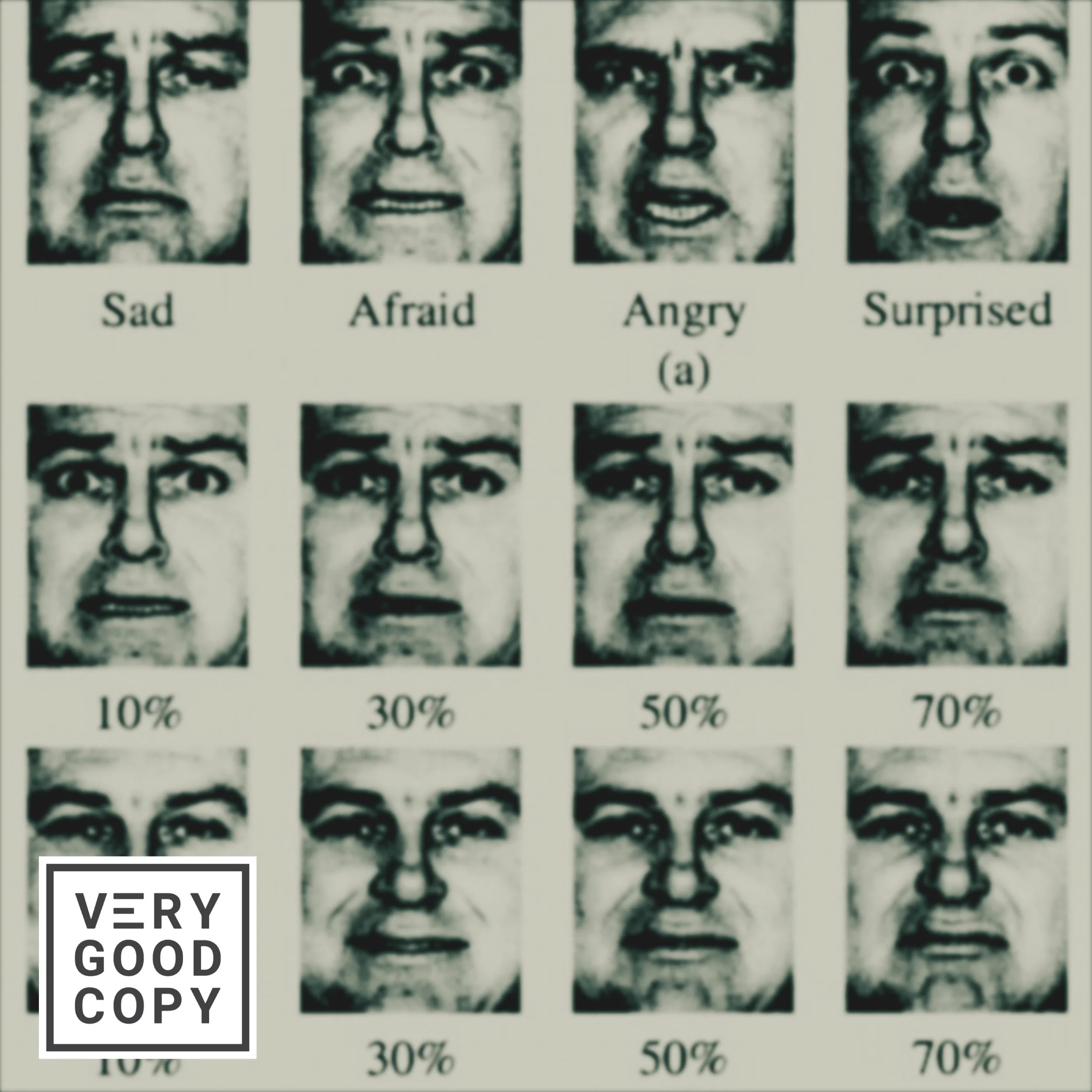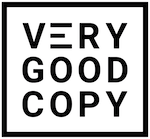![VERY GOOD COPY [LOGO].png](https://images.squarespace-cdn.com/content/v1/5615edeae4b0b9df5c3d6e90/1503372211824-XB6ZRR628ONABL1XXU31/VERY+GOOD+COPY+%5BLOGO%5D.png)
Swearing can be a powerful gesture ...
It could also be meaningless. It all depends on:
1. The Source: Who said it?
2. The Frequency: How often does that person swear?
But those factors can be hard to conceptualize, so here's a true story that illustrates how to use profanity to your advantage in writing (and life):

Meet: Coach McSvears
My high school soccer coach -- let's call him Coach McSvears -- was a good guy, a history teacher, a family man. He was down to earth, funny. The kids loved him.
He also happened to curse a lot, like he was getting paid by the syllable. It was fascinating. Hearing Coach speak to us as though we were grown made us feel grown.
But the novelty didn't last. After a couple weeks, the thrill was gone. We stopped caring.
Meet: Mr. Lesesmo
Fast-forward a decade: I'm writing copy at CareerBuilder. I'm working in-house at their Chicago headquarters. My editor -- let's call him Mr. Lesesmo -- was short and stout, soft-spoken. He wore suspenders.
He was a gentle, unassuming person. But every now and again, he threw a dart:
"This isn't fucking there, Eddie," he'd say.
You see, unlike coach, Mr. Lesesmo rarely cursed, which made it all the more effective when he did.
Here's how I saw it:
- McSvears swore for himself, for his own emotional satisfaction.
- Lesesmo swore for others, using the gesture strategically.
When my editor cursed, it was a sign that he was addressing something important, something that demanded attention and urgency. This drove his point home, saving him effort.
When my coach cursed, it meant nothing.
Less = More
Don't throw your expletives around like they're fisherman's breadcrumbs.
Save them up. Make them count.
LEARN TO PERSUADE
![VeryGoodCopy [Logo] DARK.png](https://images.squarespace-cdn.com/content/v1/5615edeae4b0b9df5c3d6e90/1527214085067-ETSM04LUO8L55ST29RIK/VeryGoodCopy+%5BLogo%5D+DARK.png)
WRITE BETTER.
MARKET BETTER.
SELL MORE.
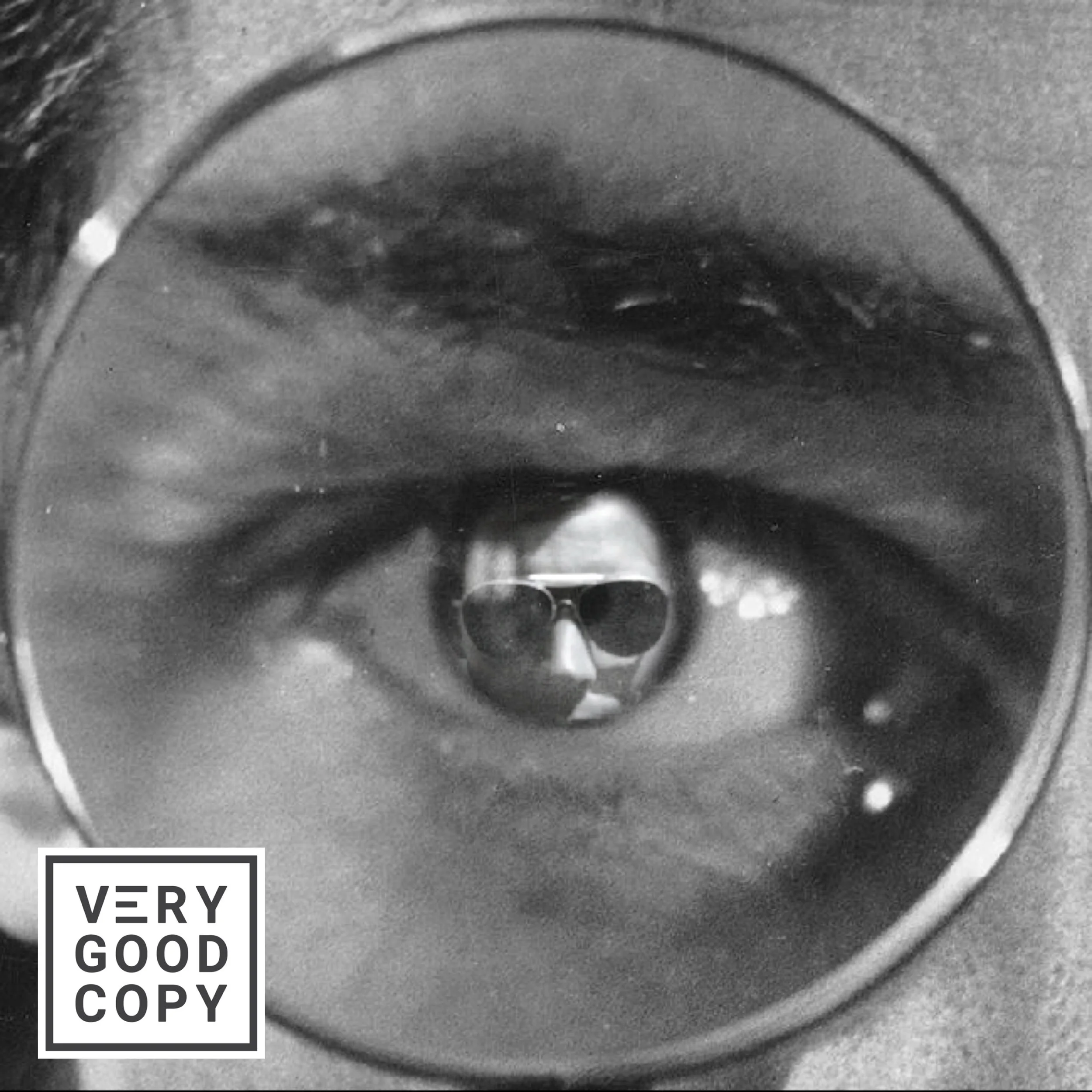


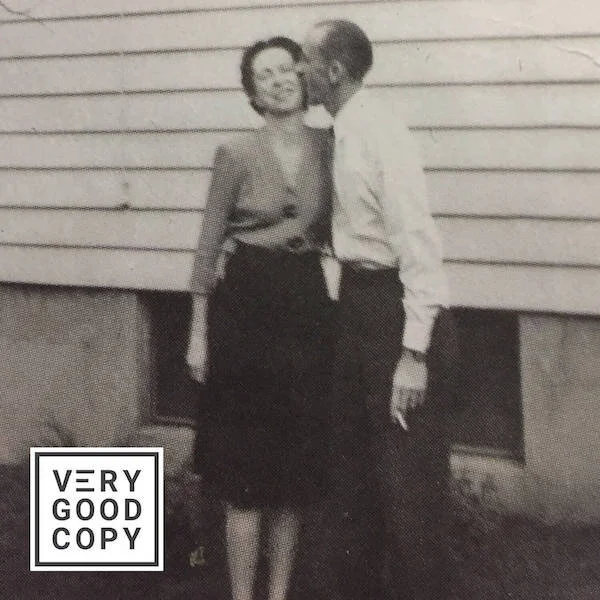





























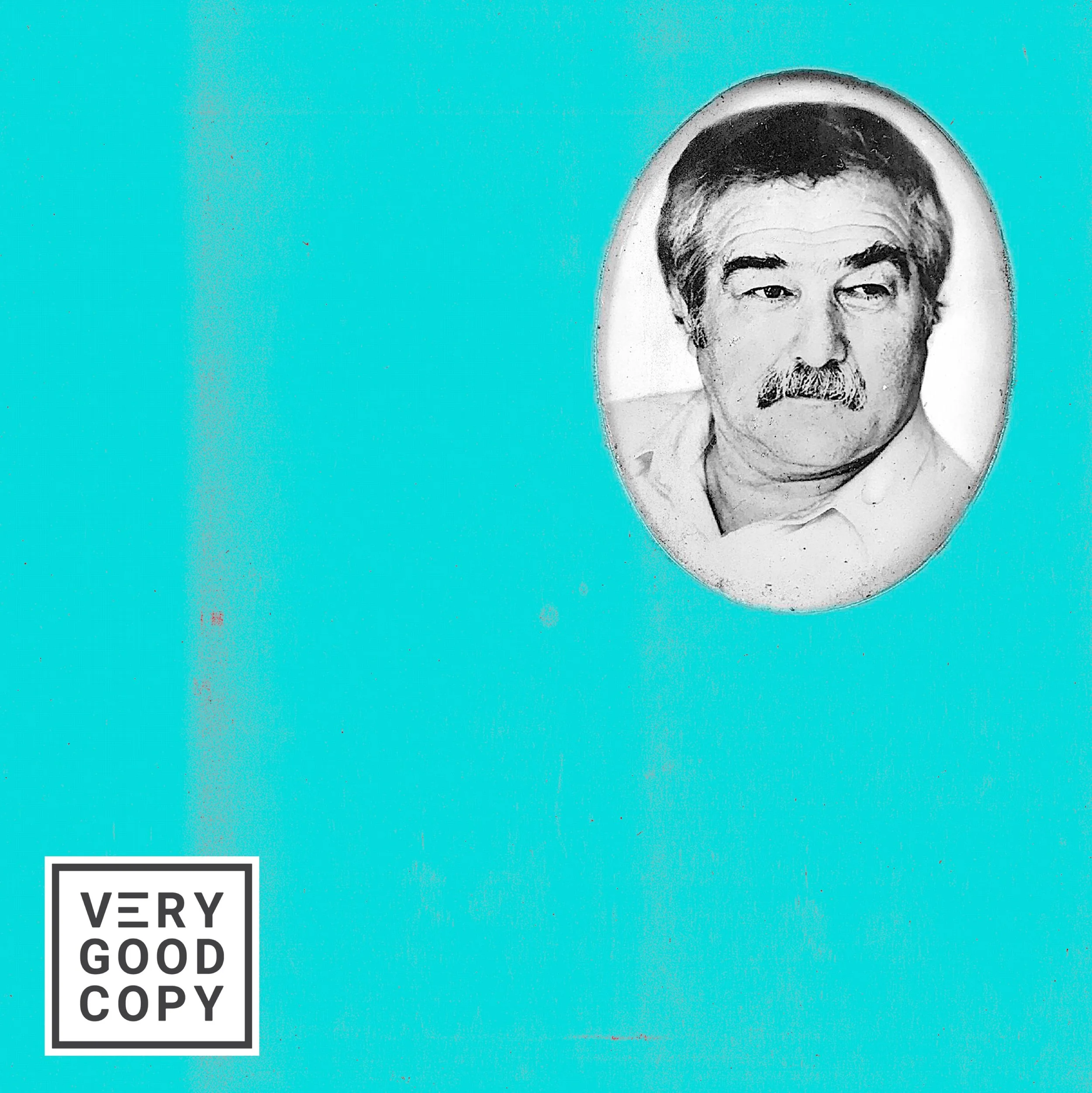



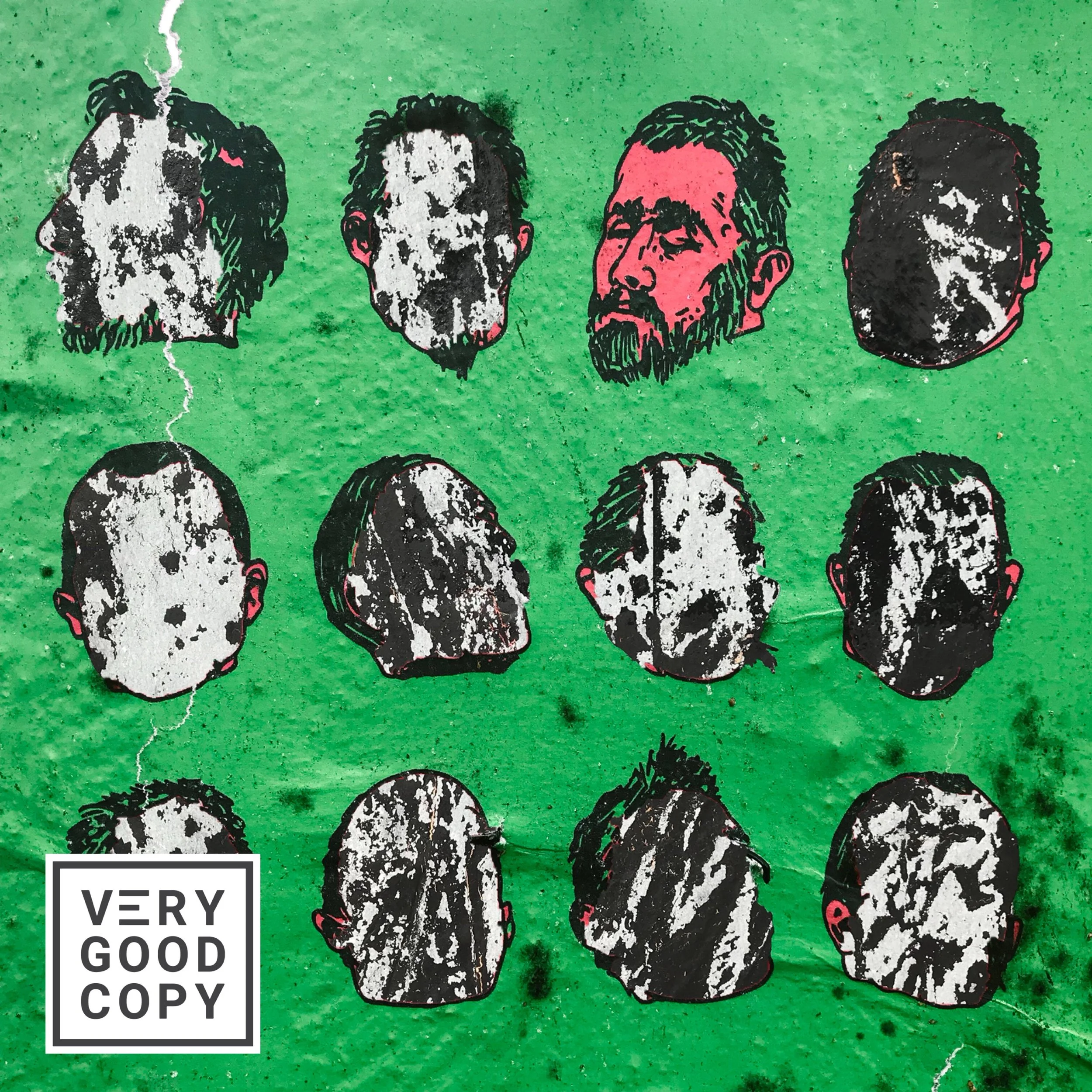

![How copywriters put prospects in the buying mood [quick trick]](https://images.squarespace-cdn.com/content/v1/5615edeae4b0b9df5c3d6e90/1533095575515-C2JPAZA3C46IBX00EMM8/Put+prospects+in+the+buying+mood+%5BVGC+art%5D.JPG)



